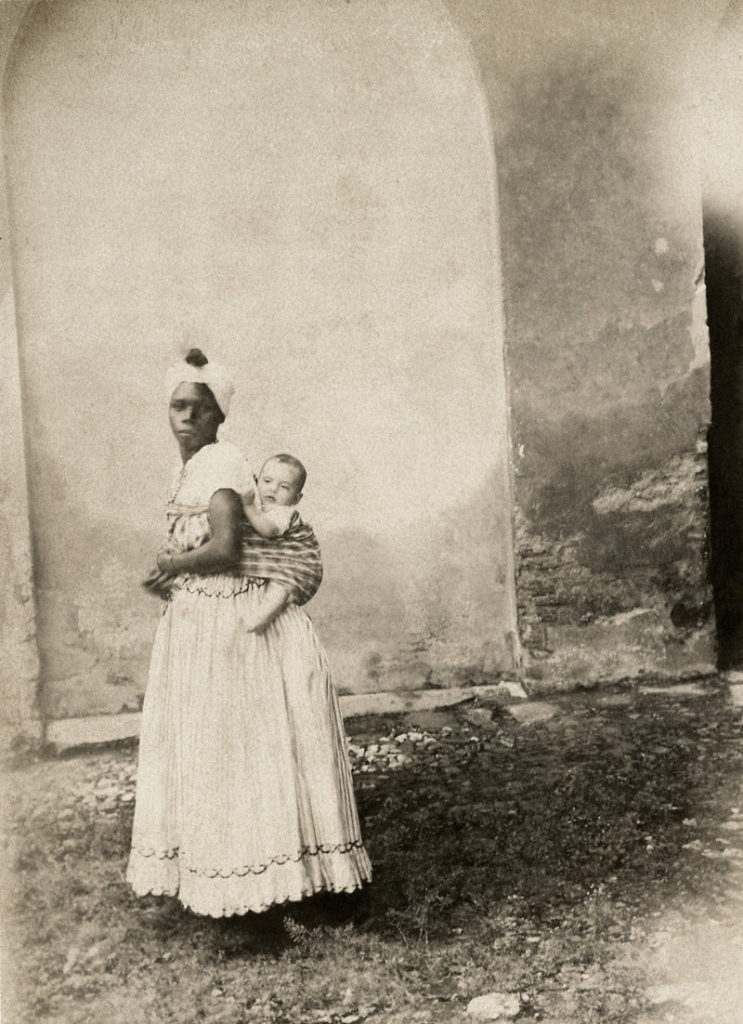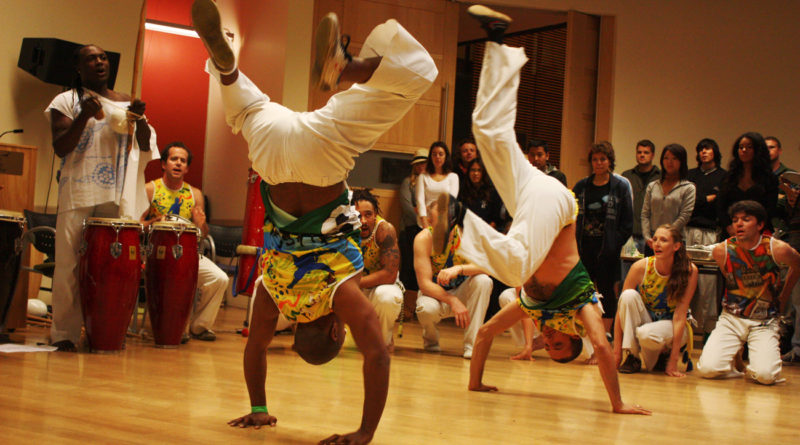It is impossible to put a specific category title on Brazilian culture since is truly is such a diverse nation. Portuguese, Africans and Native Americans originally formed the people of this country and in the 19th century, German, Italian, Arab, Spanish and even Japanese immigrants found their way here to make homes for themselves in this country.
Portugal is such an influential part in this multi-cultural country since Brazil used to be a part of it geographically. The native people of Brazil having contact with these immigrants are a reason why Brazil continues to have a large Amerindian influence on food and language.
The slaves brought from Africa had an impact on Brazilian culture because even though they were forced to essentially become “more civilized”; their cultural influences had a great effect on the people. They contribute manly to music, food and language and are said to have originated the Brazilian Capoeira, a favorite Brazilian tradition. All of the other immigrants brought part of all of their countries to add to the Brazilian culture.
Most Brazilians practice the Catholic religion. Brazil is the largest Catholic country in the entire world and hosts the Carnaval. The Brazilian Carnaval is a 4 day celebration of parties thrown 40 days prior to Easter in recognition of Catholic beliefs.

Music plays a key role in the make-up of Brazilian culture. Music has been called the “soundtrack of life” in Brazil. They have traditions such as the Samba and Bossa Nova and although their music favors more popular sides, they have their share of classical appreciation.
Brazil is such an enormous mixture of races that it results in a rich diversity. It succeeds in blending many cultures into a unique mix that is such a passionate way of life. Brazilian culture is relaxed, fun and generous. The people love festivals, sports, parties, dance and food. They can find reason for celebration in almost anything and seem to bring a sincere high energy to everything they do. The people of Brazil have made the Brazilian culture one that should be appreciated by all and more countries should strive to achieve such diversity.

